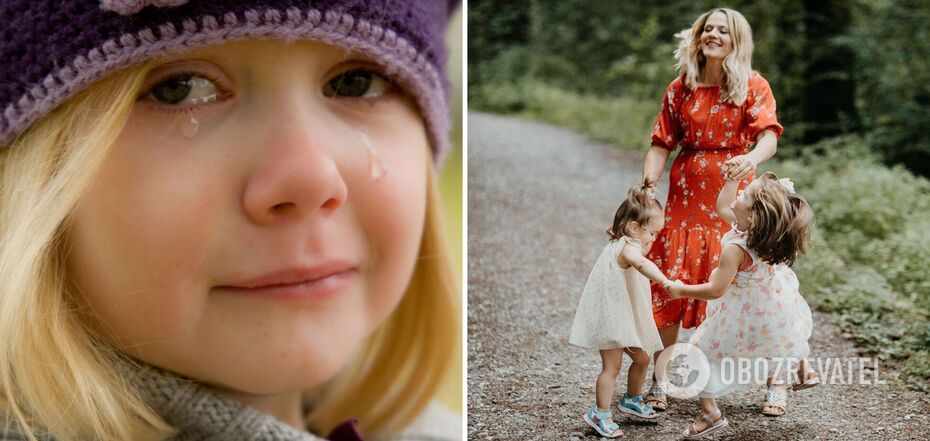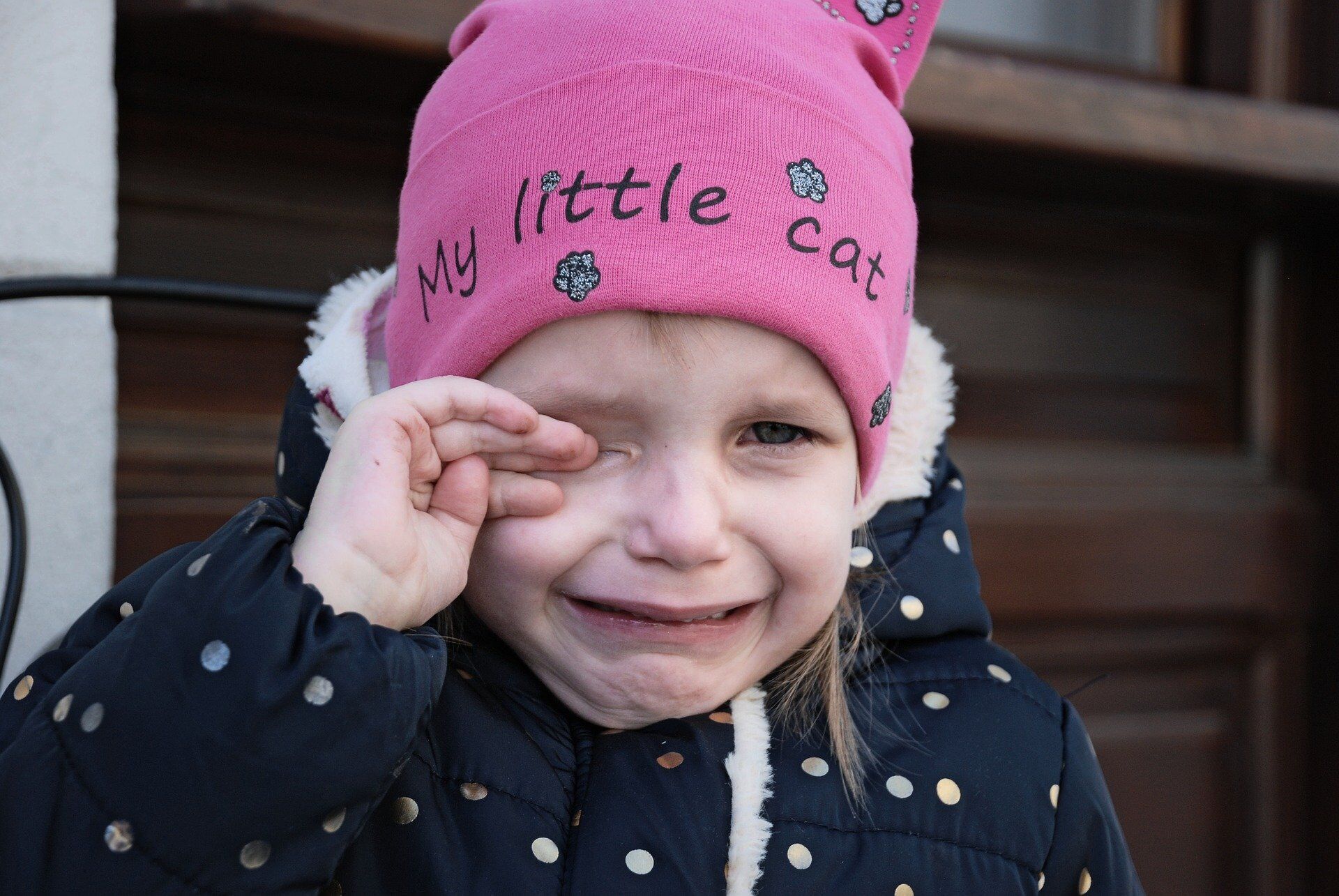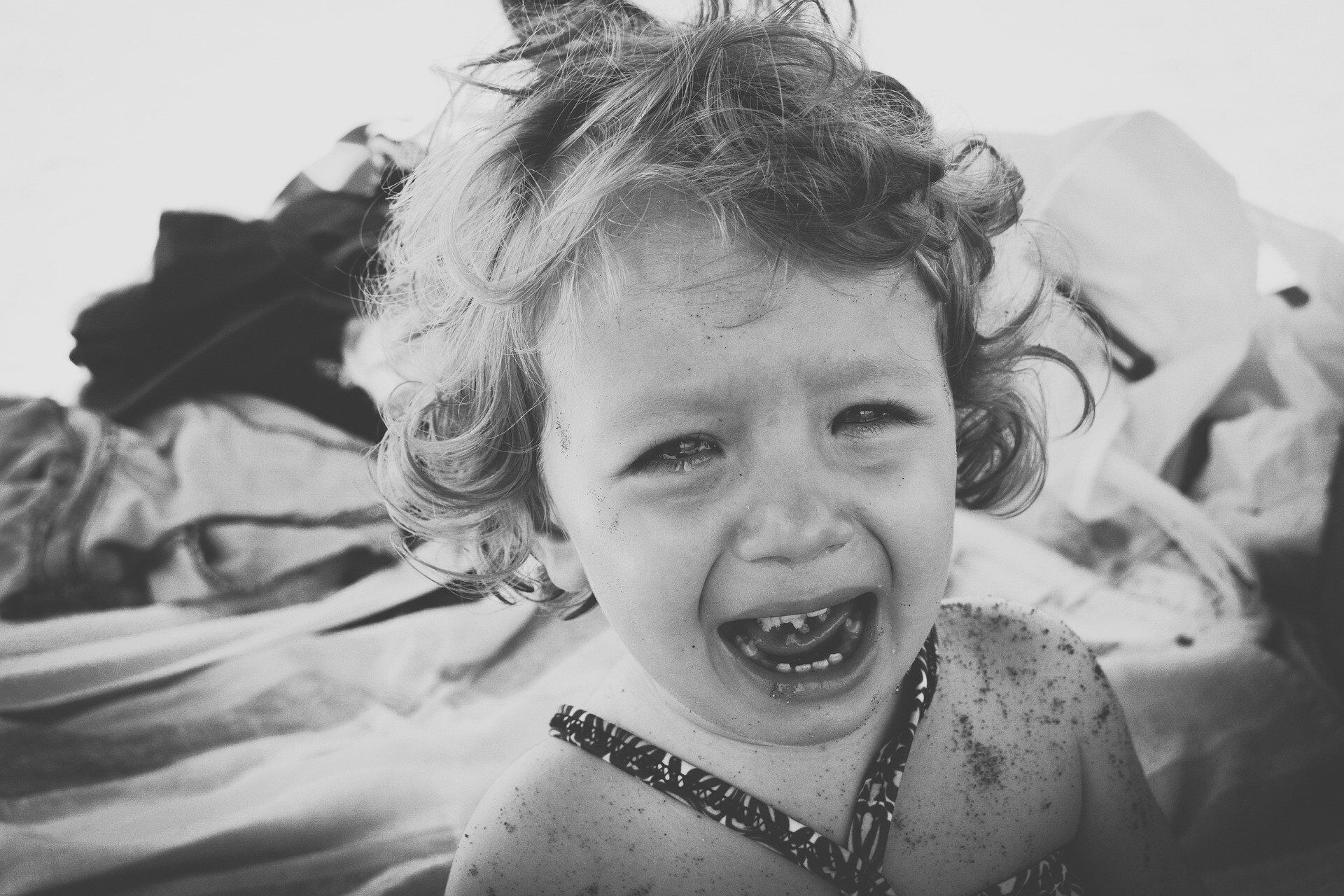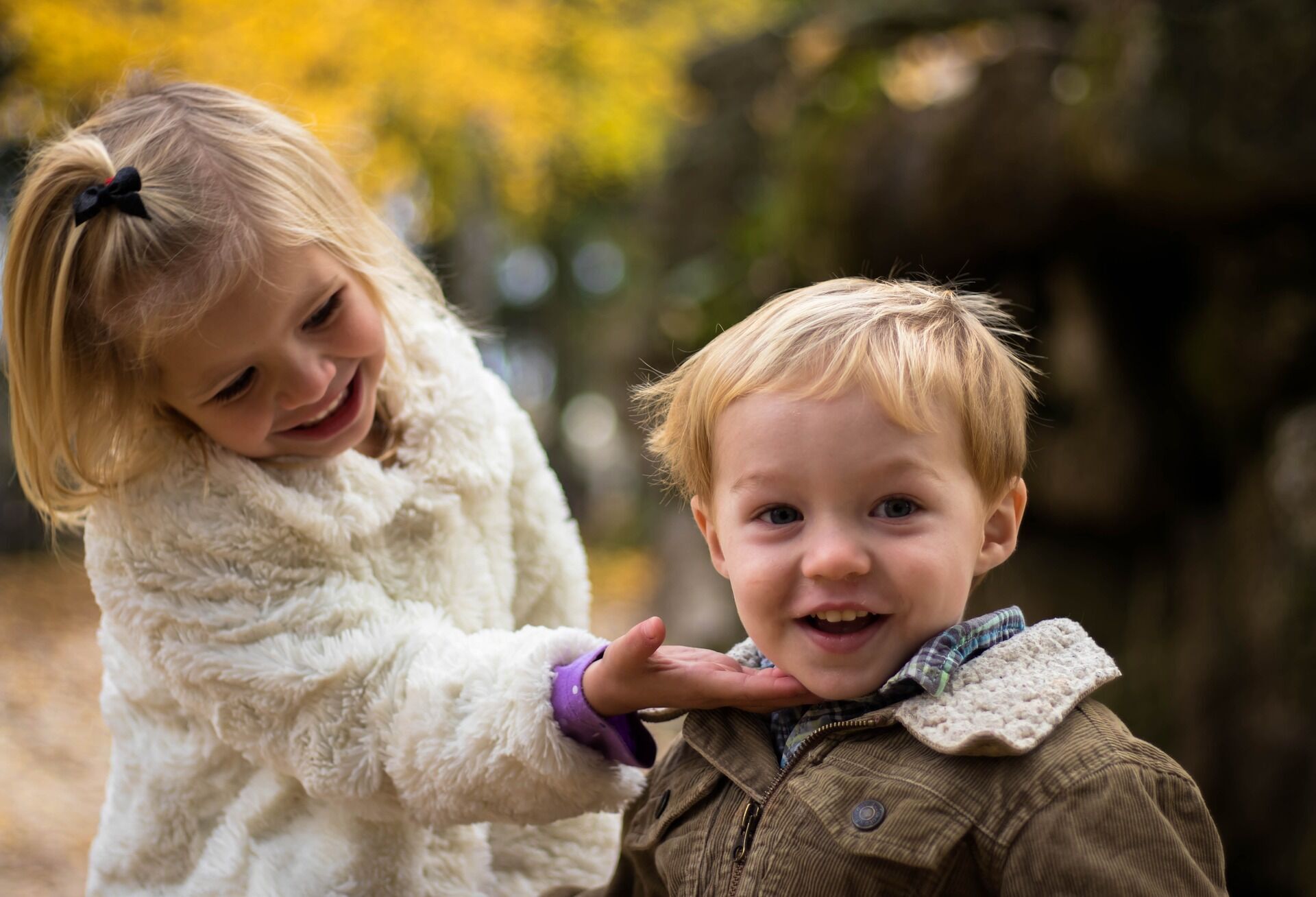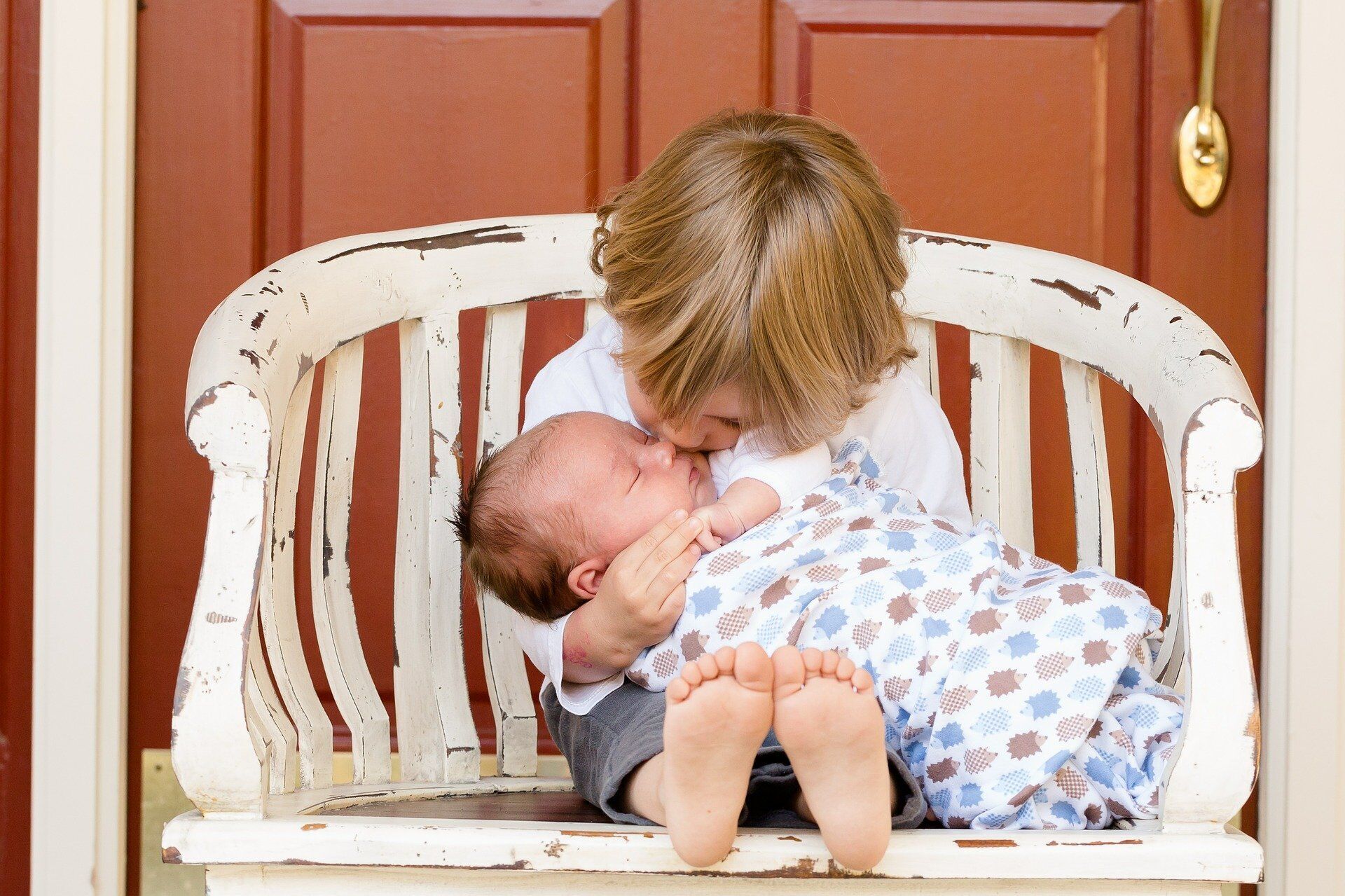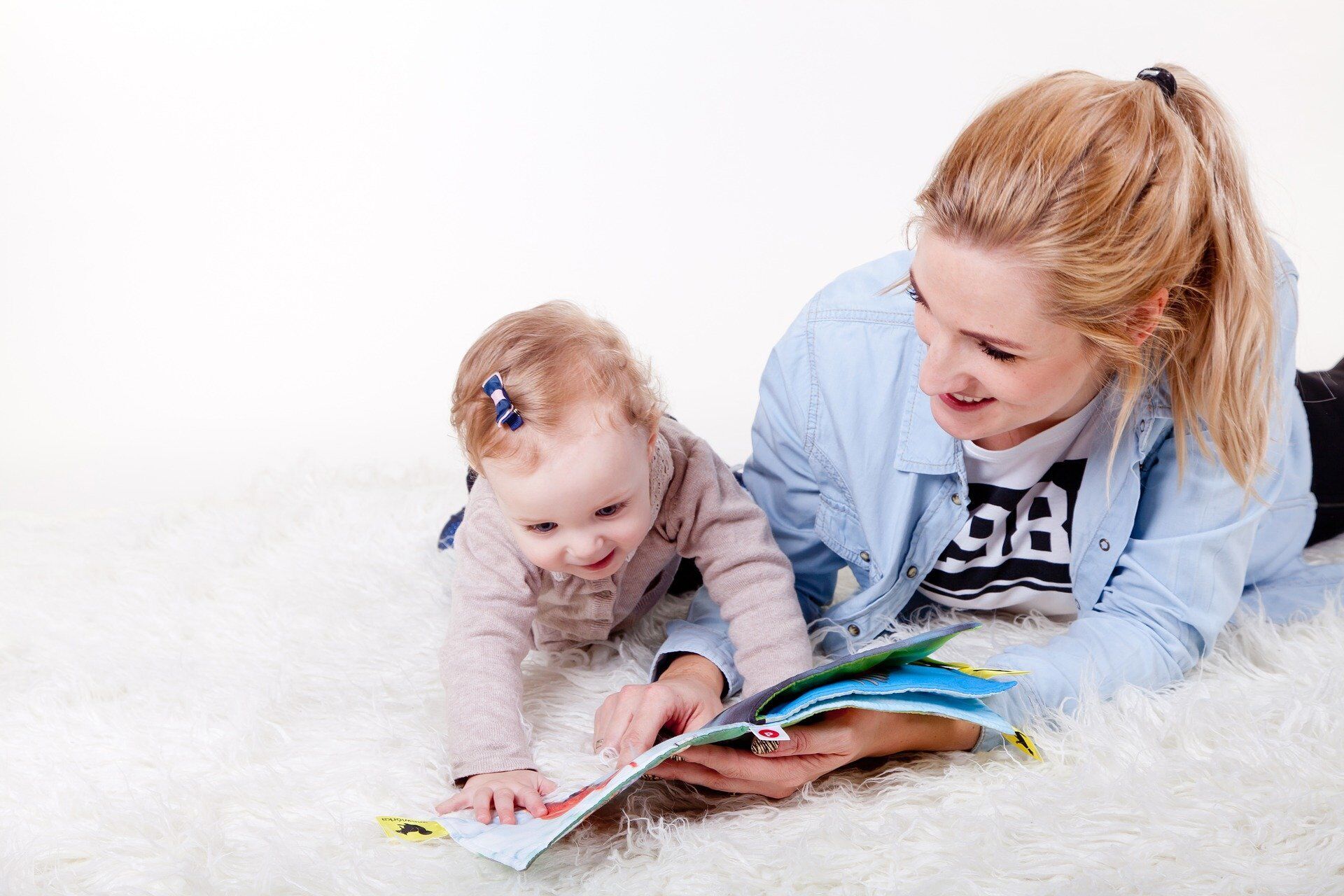Life
Why is it good for children to cry and how to avoid tantrums? Life hacks from a child psychologist
Eileen Kennedy-Moore, a child psychologist and author of When Your Baby Cries Easily, says that crying is a sign of emotional overwhelm, but it can be beneficial. Both for the child and the parents, who can use this time to teach important social skills. Thus, according to the expert, children's feelings are not devalued and their mental health is not harmed.
According to Yahoo, Kennedy-Moore says that you need to be able to distinguish between the simple expression of children's emotions and experiences. And she advises teaching children this. The psychologist claims that crying changes as children grow up. For example, babies cry to show that they need something. But older children often cry because they are depressed.
In a study by Harvard Health 2021, it was proven that after shedding tears, a person's mood improves slightly, as oxytocin and endorphins are released. And in ancient Greek and Roman times, crying was considered a method of purification. At the same time, the US National Library of Medicine has found that suppressing tears can lower the immune system. The same goes for children who wash away their negative feelings with tears. But they can also cry manipulatively.
"This kind of crying is simply part of learning how to make choices about our emotional communication. It's part of the emotional overwhelm and choosing how to communicate that to an adult. As we get older, we make more and more of those choices," Kennedy-Moore says.
The expert also recommends paying attention to the frequency of tears.
"If your child cries four or five times a day at school, it's a problem. The time a child spends crying is time they should be spending on activities that will enrich their life - playing, socializing, and learning. Ultimately, children pick up social cues about when it is and is not acceptable to cry just by watching their peers," says the psychologist, who also emphasizes the importance of not requiring children to hold back their emotions. They should feel whatever they want, but they should also understand the difference between experiencing emotions and expressing them.
According to the expert, parents can come up with a game plan for their children in case of emergency tears. For example, to solve a problem or puzzle.
In addition, Kennedy-Moore advises repeating special mantras to children: "It's hard, but I can do it," or "I've faced difficulties before, and I can do it again," or "This is not the worst thing in life," or "I'll get through this." Such phrases are a kind of recognition of what has upset the child and confidence in overcoming the problem.
"Emotions are not something you just spew out. Emotions are a source of information about ourselves and about the world around us. As adults, we learn that not everyone deserves our emotions," the psychologist added and advised to use them correctly and purposefully, and to "interrupt" a tantrum with another activity.


